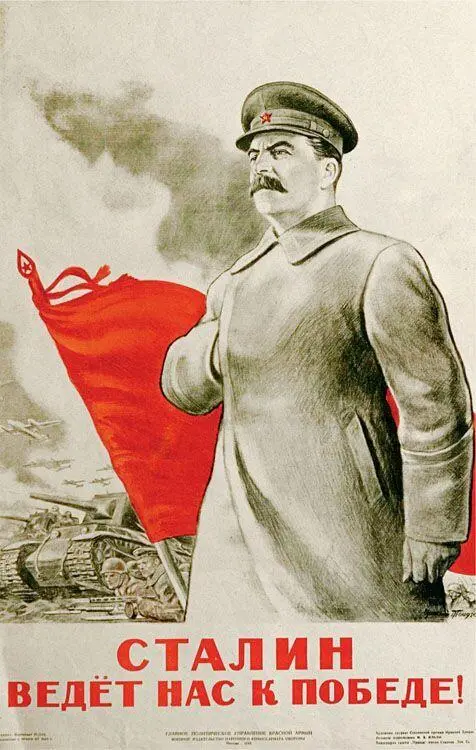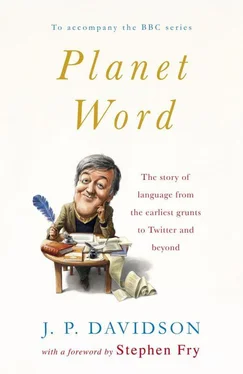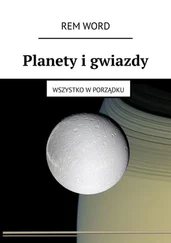
‘Stalin Leads Us to Victory’, 1943
We can now share our ideas, our anger, our frustrations with thousands of people at the touch of a button. When the financial crash in Iceland happened in 2008, it was a Facebook campaign by ordinary Icelanders that ultimately persuaded the government to support an investigation into the people responsible for the banking collapse. If the government wouldn’t take action, the people would. Goebbels would not have liked that. And could he possibly have imagined a world where WikiLeaks existed, a world where he couldn’t control the message, because, with a click of a mouse, someone, somewhere with access to government secrets and confidential documents can upload them to the web?
The language of Twitter, texting and social network sites may not be the most elegant, but it shows that we humans have this innate need to communicate, be it banal gossip, love stories or life-changing revolution.
So how will the storytellers of the digital age gain and keep our attention? Will language still be as powerful as it is today? Will it be controlled by an elite of media owners, the neo-Brahmins of the twenty-first century, or democratized so that we all become producers rather than consumers? What does the future look like on Planet Word?
In an elegant, light-filled building worthy of a sci-fi movie, MIT’s elegant new Media Lab houses a division called ‘The Future of Storytelling’. The idea is tantalizingly simple and almost impossible to envisage.Yes, we will undoubtedly have immersive 3D screens, and video games that involve physically wearing a suit to mimic the movements in the game (because they’re already invented). And, yes, we’ll be able to roll up a screen like a newspaper and put it in our pocket, and have adverts directed at us personally as we walk around the cities of the future (like in Spielberg’s movie Minority Report ). And, yes, we’ll be able to create stories across space with interactive screens linked to the web: families will be able to create their own histories or mythologies, to preserve images and voices for future generations. But will all this new technology change what we want to say?
Communications theorist Marshall Mcluhan was wrong: the medium is really not the message. The message is the message. Humans will continue to be addicted to chatter and gossip, to talk of love and sex and sometimes of death. We will go on flirting and cracking jokes and making up wild stories that have no sense. In other words, the same things we talked about when we all sat around a fire at the end of the day, roasting a zebra or slab of sperm whale. What is different is that the global village which Mcluhan predicted in the early 1960s is now a reality, and the realization of it has been the biggest transformation in our species’ evolution since … well, maybe the invention of language itself. What is certain is there will be many more stories to tell.
Aldridge, David (ed.), Music Therapy in Dementia Care , Jessica Kingsley 2000
Allen, Keith and Burridge, Kate, Forbidden Words: Taboo and the Censoring of Language , Cambridge University Press 2006
Auden, W. H., Collected Poems , Faber and Faber 1976
Barrett, Anthony, Turkana Iconography , A.J. Barrett 1997
Baum, Martin, To Be or Not To Be, Innit , Bright Pen 2008
Bauer, Laurie and Trudgill, Peter (eds), Language Myths , Penguin 1998
Berkley High School Slang Dictionary , North Atlantic Books 2004
Boyle, T. C., Wild Child , Bloomsbury 2010
Brewer’s Dictionary of Phrase and Fable (18th edition), Chambers Harrap 2009
Bryson, Bill, Mother Tongue , Penguin 1990
Burling, Roberts, The Talking Ape , Oxford University Press 2005
Burton, Peter, Parallel Lives , Gay Men’s Press 1985
Cavalli-Sforza, Luigi Luca, Genes, Peoples and Languages , Penguin 2000
Chomsky, Noam, Architecture of Language , Oxford University Press 1996
Crystal, David, How Language Works , Penguin 2006
____, Txting , Oxford University Press 2008
____, The Cambridge Encyclopedia of Language (3rd edition), Cambridge University Press 2010
____, The Fight for English , Oxford University Press 2006
Deutscher, Guy, Through the Language Glass , William Heinemann 2010
____, The Unfolding of Language , William Heinemann 2005
Eco, Umberto, The Search for the Perfect Language , Blackwell 1995
Fagles, Robert (trans.); introduction by Bernard Knox, The Odyssey , Viking Penguin 1996
Fitch, W. Tecumseh, The Evolution of Language , Cambridge University Press 2010
Forster, E. M., Aspects of the Novel , Penguin Classics 2005
Frommer, Paul and Finegan, Edward, Looking at Languages (4th edition), Thomson/Wadsworth 2008
Goldman, William, Adventures in the Screen Trade , Grand Central Publishing 1983
Gower, Ernest, The Complete Plain Words (3rd revised edition), Penguin 2004
Gregory, Richard (ed.), The Oxford Companion to the Mind , Oxford University Press 1987
Grose, Francis, A Classical Dictionary of the Vulgar Tongue , printed for Hooper and Wigstead, 1796 Google ebook
Harris, Roy, Rethinking Words , The Athlone Press 2000
Hitchins, Henry, The Language Wars , John Murray 2011
____, The Secret Life of Words , John Murray 2008
____, Dr Johnson’s Dictionary , John Murray 2005
Hughes, Geoffrey, Swearing , Penguin 1991
Jacot de Boinard, Adam , I Never Knew There Was a Word For It , Penguin 2005
Jay, Timothy, Why We Curse , John Benjamins Publishing 2000
____, Cursing in America , John Benjamins Publishing 1992
Jay-Z, Decoded , Random House 2010
Jean, Georges, Writing — The Story of Alphabets and Scripts , Thames and Hudson 1997
Joyce, James, Ulysses , Wordsworth Editions Limited 1932
____, A Portrait of the Artist as a Young Man , Penguin Modern Classics, 2000
Keyes, Ralph, Euphemania , Little, Brown and Co. 2010
Klamperer, Victor, Lingua Tertii Imperii (The Language of the Third Reich ), Continuum International 2002
Kipling, Rudyard, Just So Stories , Wordsworth Editions 1993
Korzhenov, Aleksander Zamenhof, The Life, Works and Ideas of the Author of Esperanto , Mondial 2010
Kurlansky, Mark, The Basque History of the World , Jonathan Cape 1999
Lattimore, Richard, The Odyssey of Homer , HarperCollins 1965
Leach, Edmund, Culture and Communication , Cambridge University Press 1976
Levitin, Daniel, This is Your Brain on Music , Dutton 2006
Mitford, Nancy (ed.), Noblesse Oblige: An Enquiry Into The Identifiable Characteristics of the English Aristocracy , Hamish Hamilton 1956
Norrière, Jean-Paul, Parlez Globish (2nd edition), Groupe Eyrolles 2006
____, and Hon, David Globish The World Over , International Globish Institute, 2009
Newton, Michael Savage, Girls and Wild Boys , Faber and Faber 2002
Ogilvy, David, Ogilvy on Advertising (new edition), Prion Books Ltd 1995
Okrent, Arika, In the Land of Invented Languages , Spiegel and Grau 2009
Orwell, George, ‘Politics and the English Language’, in Essays , Penguin Modern Classics, 2000
Читать дальше













